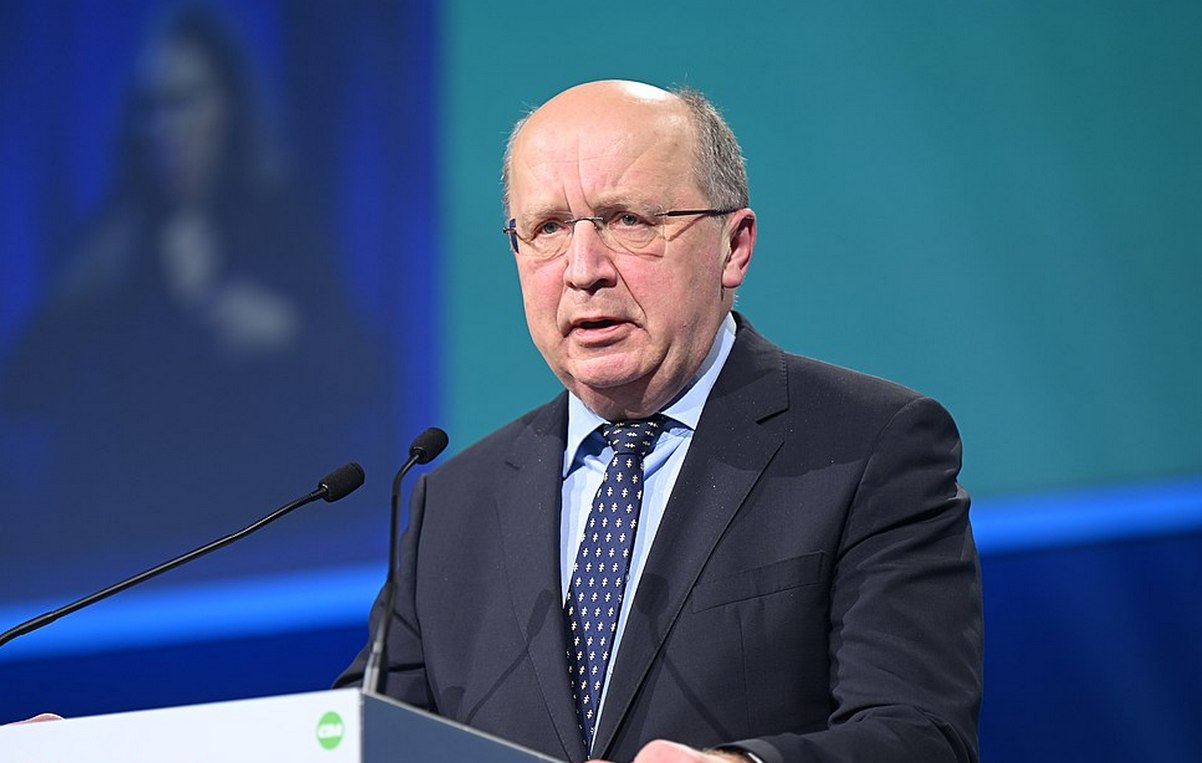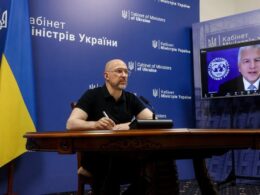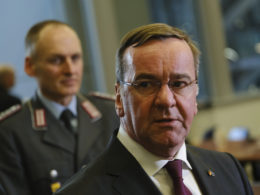On 22 May, the European Union finalized a €150 billion loan program under the Security Action for Europe (SAFE) scheme, designed to strengthen military support for Ukraine and bolster joint procurement among member states, The Guardian reports.
EU defense commissioner highlights strategic breakthrough
Andrius Kubilius, the EU’s first defense commissioner and former prime minister of Lithuania, described the initiative as “a very important breakthrough” in European defense. Speaking to The Guardian, he said he expects wide participation:
“Member states will take those loans … and will use them for joint procurement together with Ukraine and for Ukrainian needs.”
Under the plan, member states have six months to present projects for loan funding. While the UK is not eligible for loans, it is expected to participate in SAFE-funded defense projects under the EU-UK security pact signed on 19 May, part of Prime Minister Keir Starmer’s wider effort to reset relations with the EU. A technical agreement is still pending, with administrative fee terms yet to be finalized.
Addressing the US retreat from its traditional security role in Europe under President Donald Trump, Kubilius remarked:
“We cannot complain that 340 million Americans are not ready forever to defend 450 million Europeans against 140 million Russians,” Kubilius said, stating that while the Trump administration's rhetoric may be disagreeable, it is crucial to avoid what he described as an “angry and chaotic divorce” with the US. Instead, he advocated for a rational agreement on the division of responsibilities.
Mixed reactions among EU member states
So far, 15 countries, including Germany and Poland, have indicated plans to make use of the budget rule flexibility to expand military spending. However, several larger and more indebted economies — France, Italy, and Spain — have not signaled similar intent. These countries, among the least generous donors to Ukraine, are reportedly hesitant to take on more debt for defense, casting doubt on whether the EU can meet the €800bn goal.
No illusion of peace with Russia
The commissioner also dismissed any hope for a diplomatic breakthrough with Moscow. “It is an illusion” to believe Russian President Vladimir Putin wants peace, he said, adding that only “formal peace through strength” can be effective.
Kubilius, who spent half his life in the Soviet Union, believes Putin’s motivation for invading Ukraine lies in the threat posed by its democratic trajectory:
“Ukrainian success is … from [Putin’s] point of view, is the biggest danger.”
Read also
-
EU paid Russia more for energy in 2024 than Ukraine received in aid
-
EU plans 17th sanctions package against Russia over Ukraine invasion
-
Kos: EU seeks to convince Hungary to lift veto on Ukraine’s EU accession talks
-
Ambassador: EU to use Danish model to channel € 1 billion from frozen Russian assets into Ukrainian defense industry





